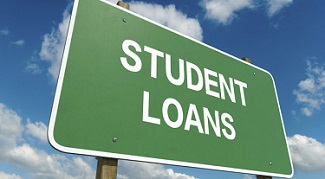 While you have the best intentions to repay your student loans, life can deliver circumstances that are totally out of your control.
While you have the best intentions to repay your student loans, life can deliver circumstances that are totally out of your control.
Your health or that of a dependent, a chronic illness and/or disability can negatively affect your income and increase your expenses overnight. Said conditions can improve over time, stay the same or get progressively worse.
Knowing this, the US Bankruptcy Code provides an exception that allows you to discharge some student loans.
Do you qualify for a discharge?
Depending on your circumstances, the court can determine that repaying your student loans would impose an “undue hardship” and give you permission to include said loans in your bankruptcy. However, proving that your situation meets this standard is not an easy task to pull off.
What is an undue hardship?
Because the law does not clearly define undue hardship, this phrase has been interpreted in numerous ways.
In recent years, bankruptcy courts across the country have developed a 3-part threshold that if met can constitute an undue hardship worthy of a bankruptcy discharge.
The 3-part test requires that you show the court:
- If you were required to repay the student loan under your current income and expenses, you would be unable to maintain a minimal standard of living.
- Your inability to maintain a minimal standard of living while repaying the loan is expected to last throughout the loan repayment period.
- You’ve made a meaningful effort to repay the loan or to qualify for forbearances, loan consolidations or income-based payment reduction programs.
Contact our bankruptcy lawyers
Though it is difficult to discharge student loans in bankruptcy, it’s not impossible.
Contact our bankruptcy team to discuss your situation. Schedule a no-cost consultation or give us a call at 610.734.0750 today.
